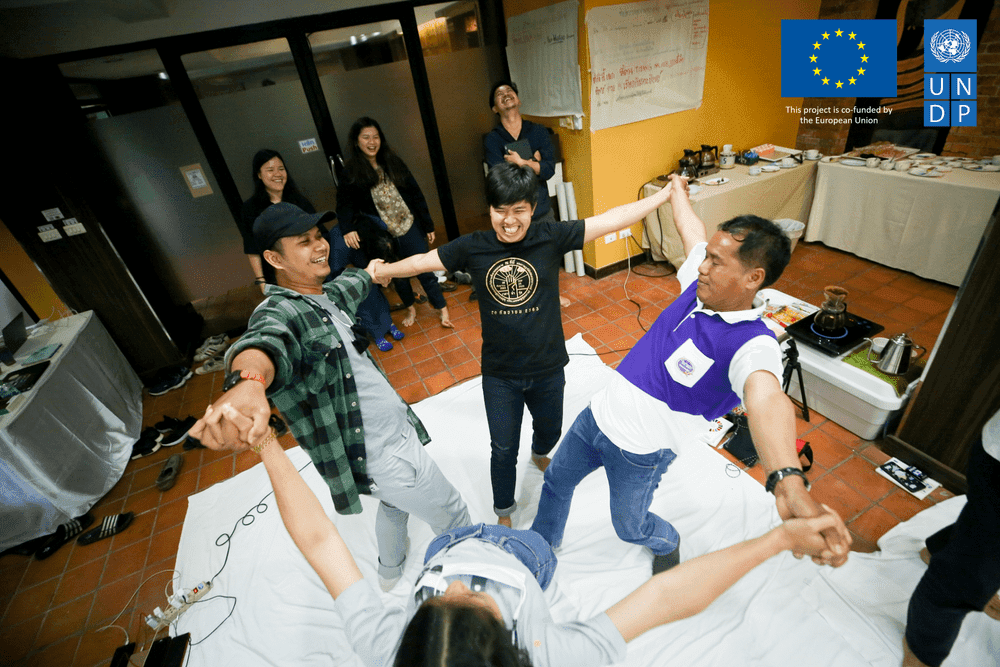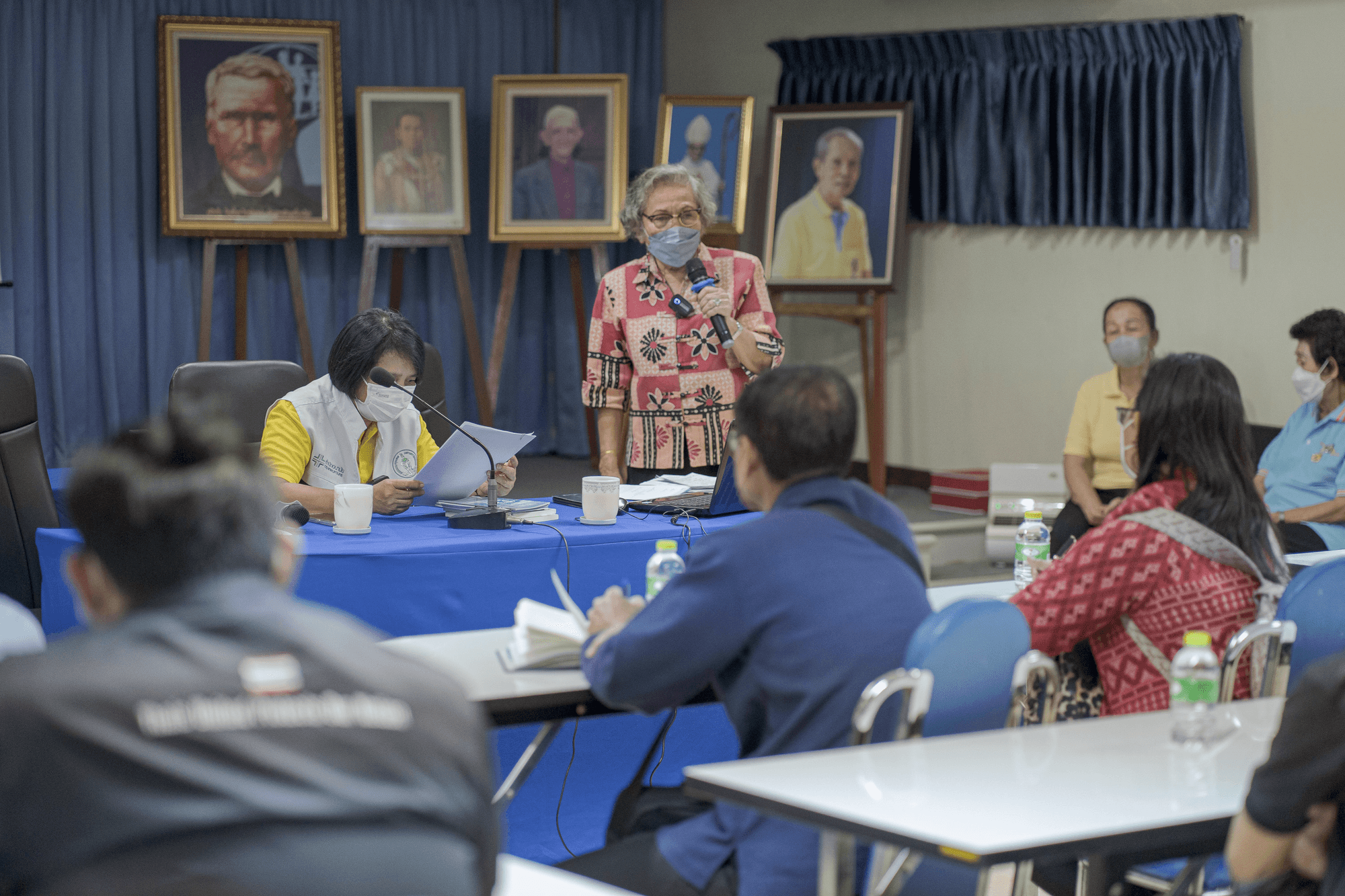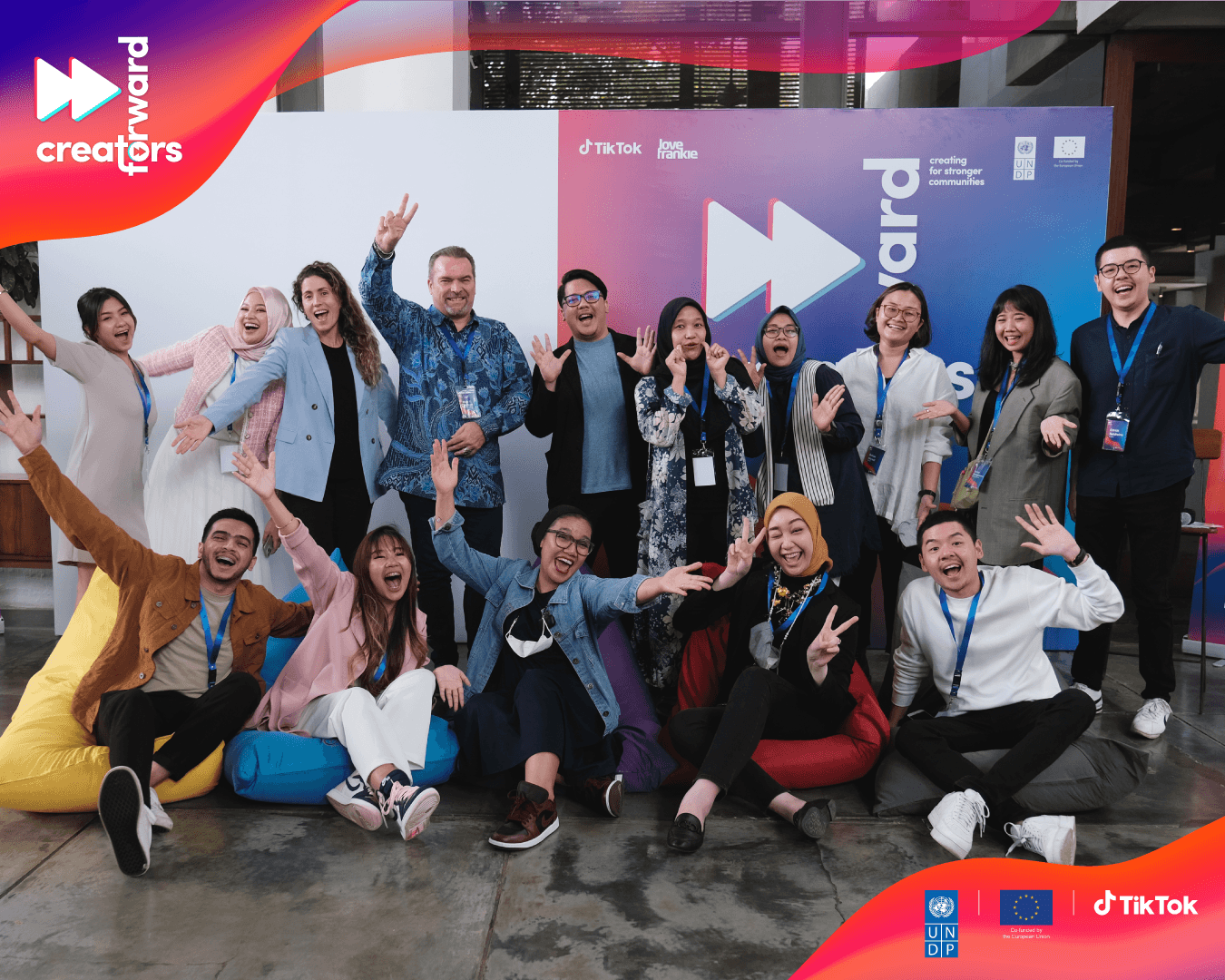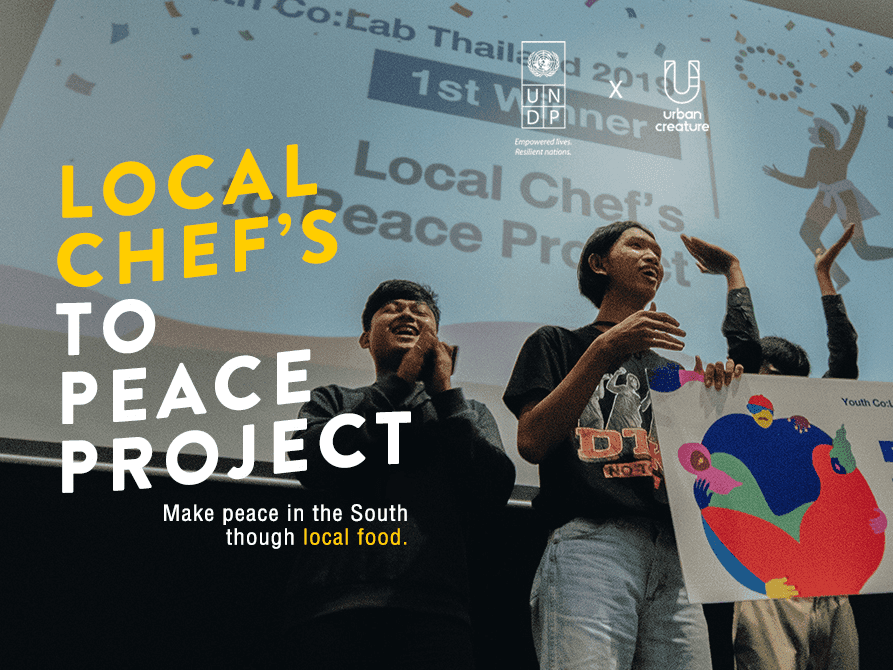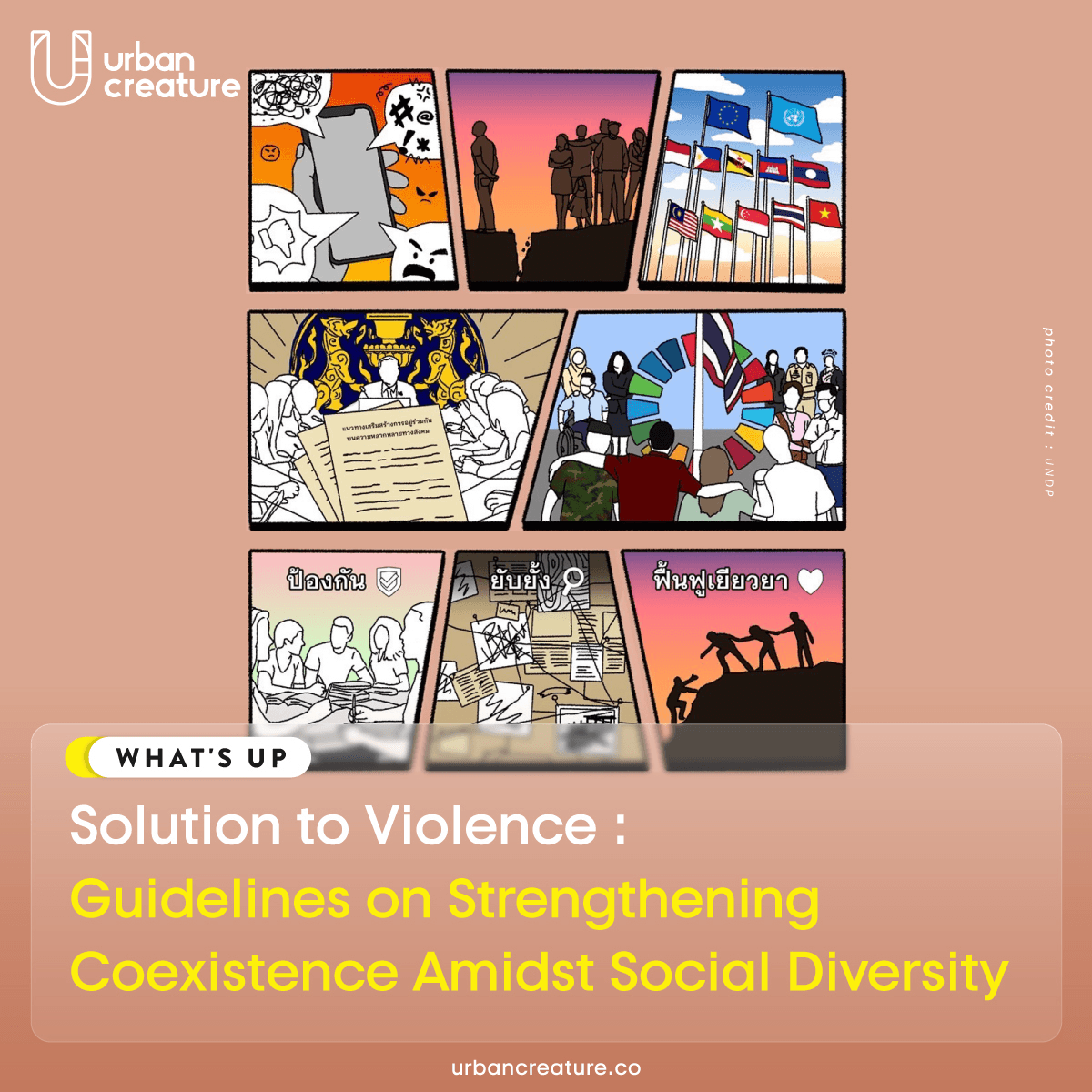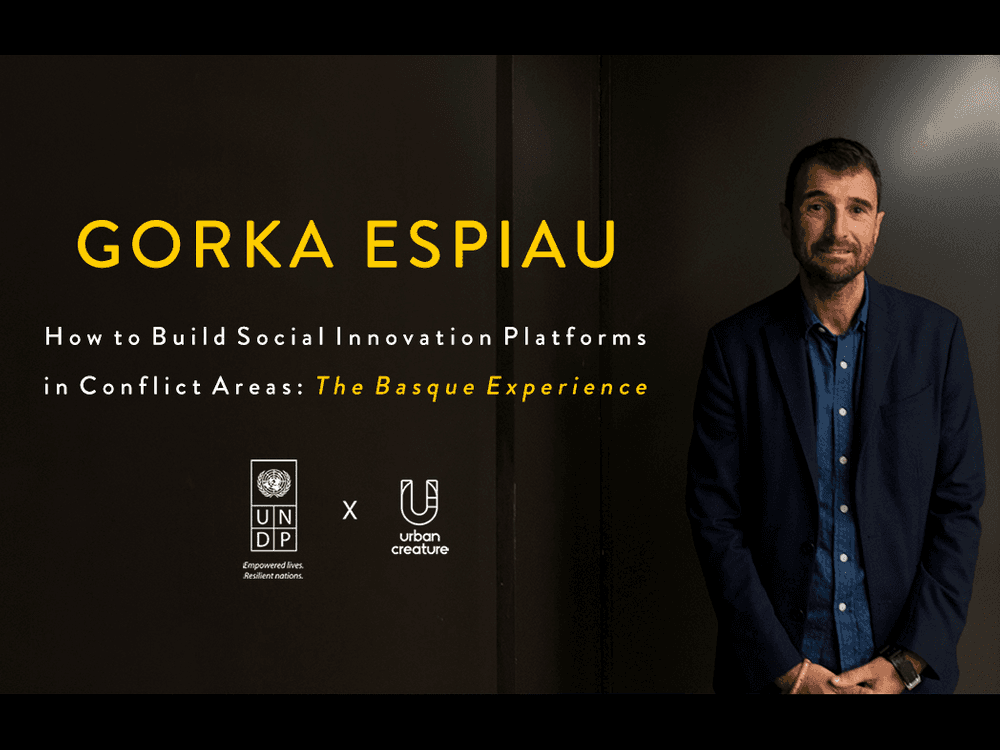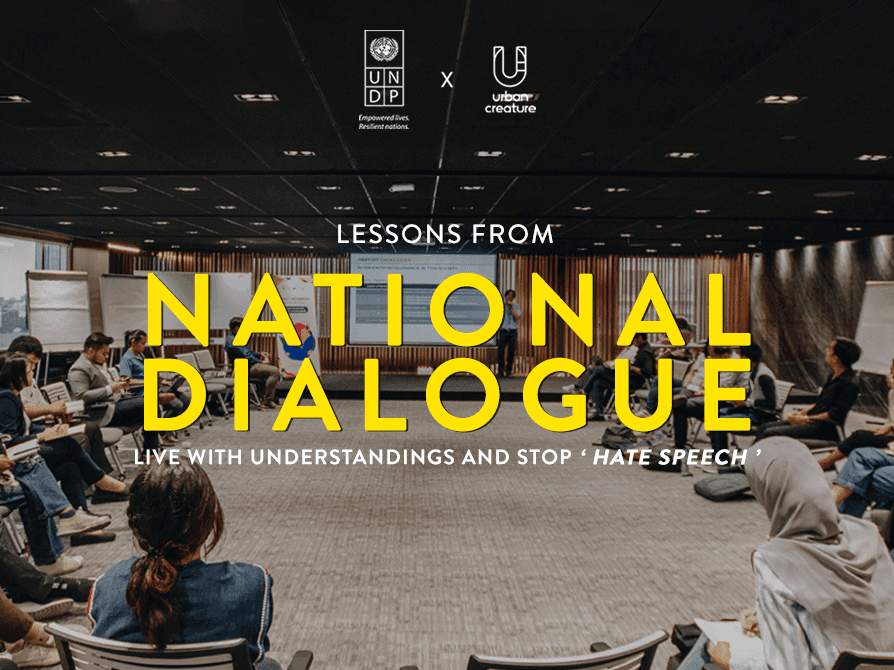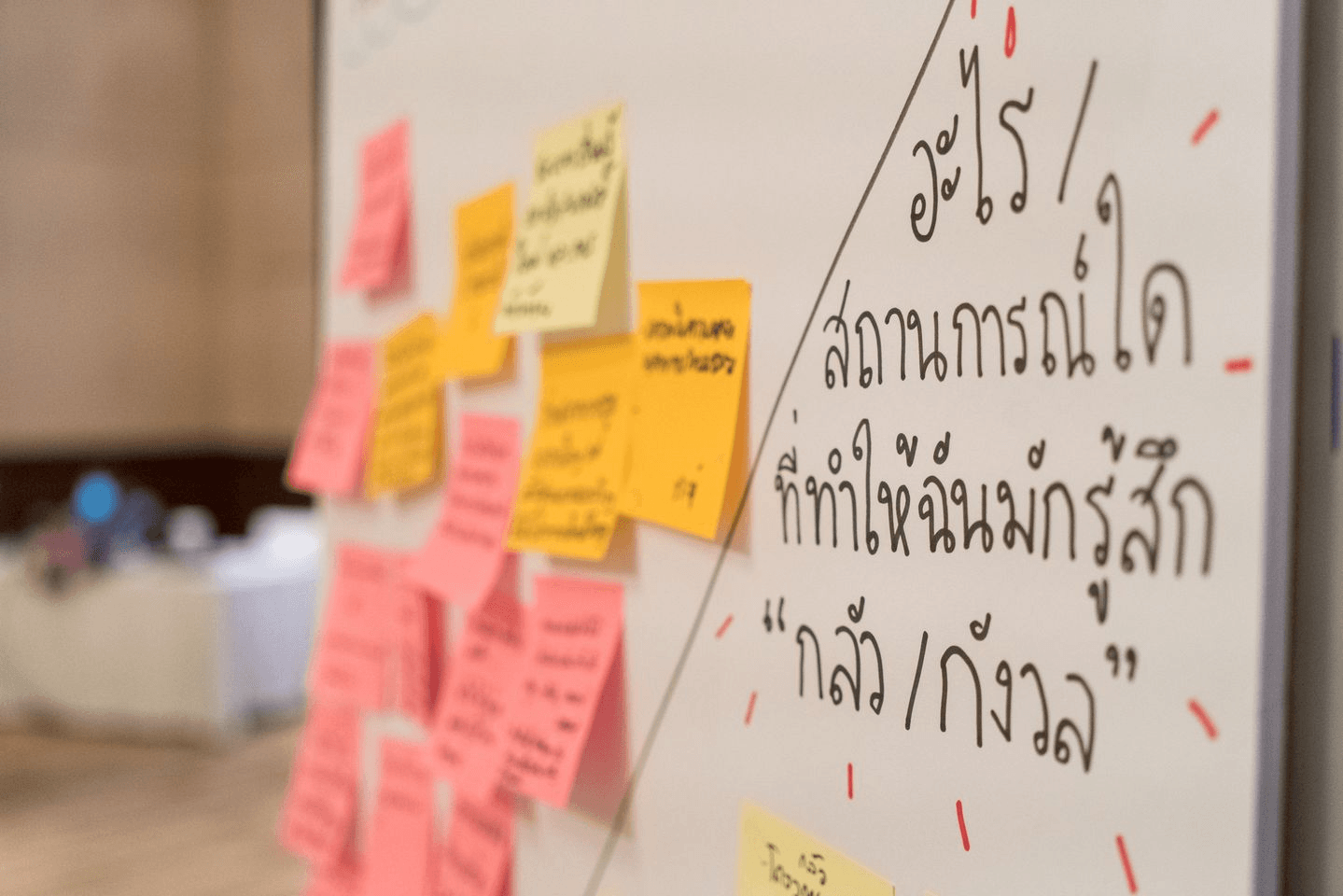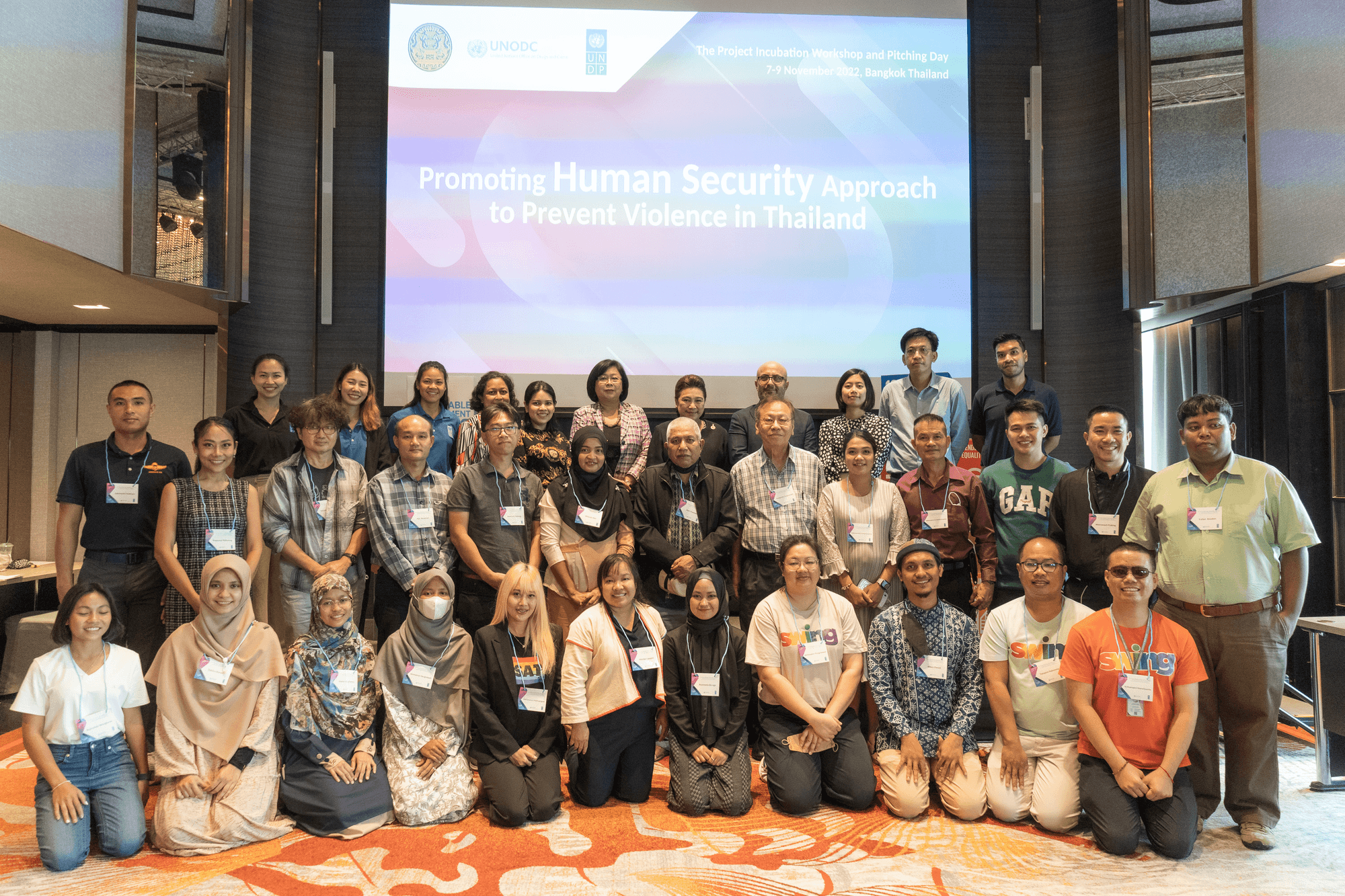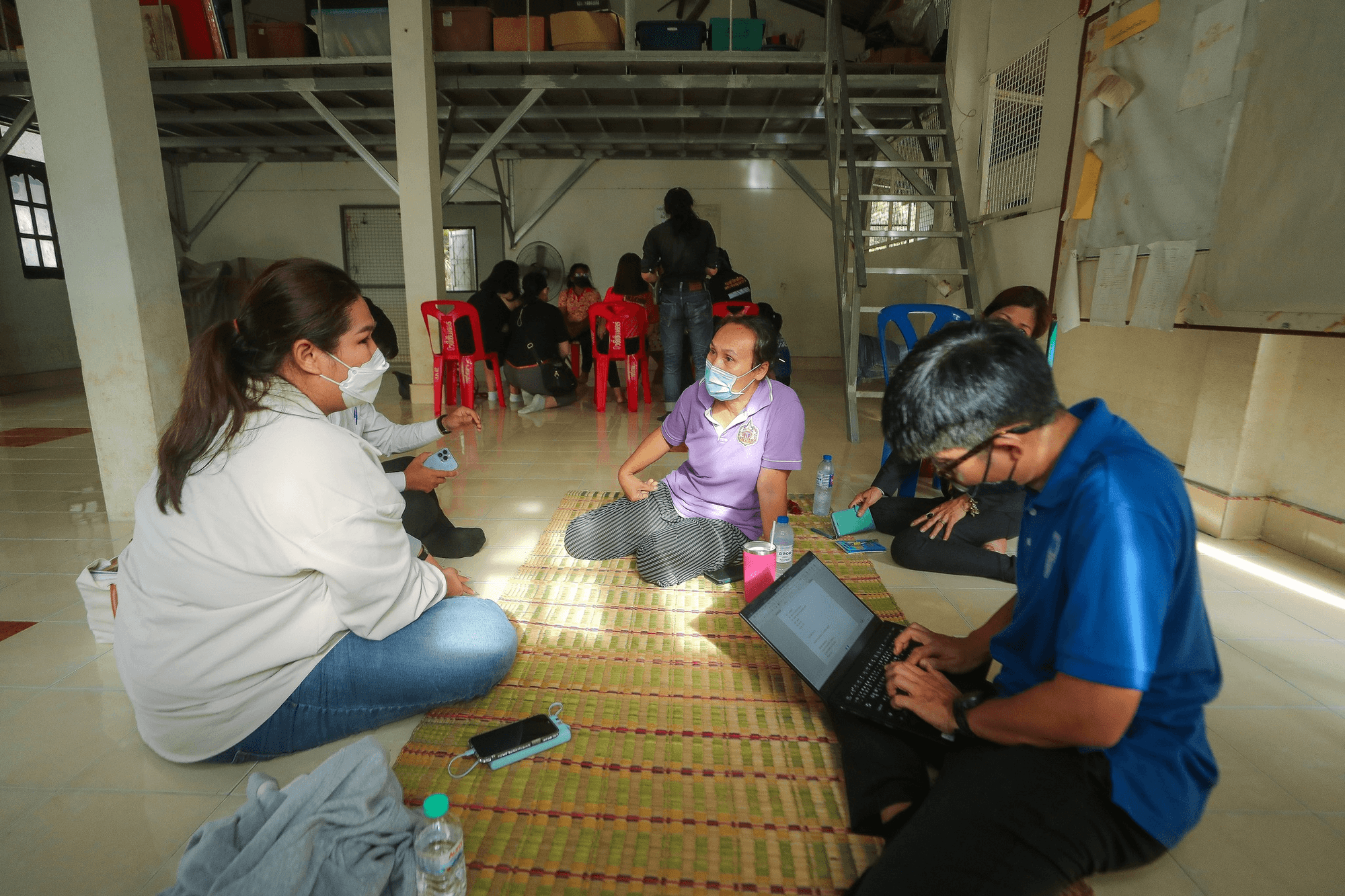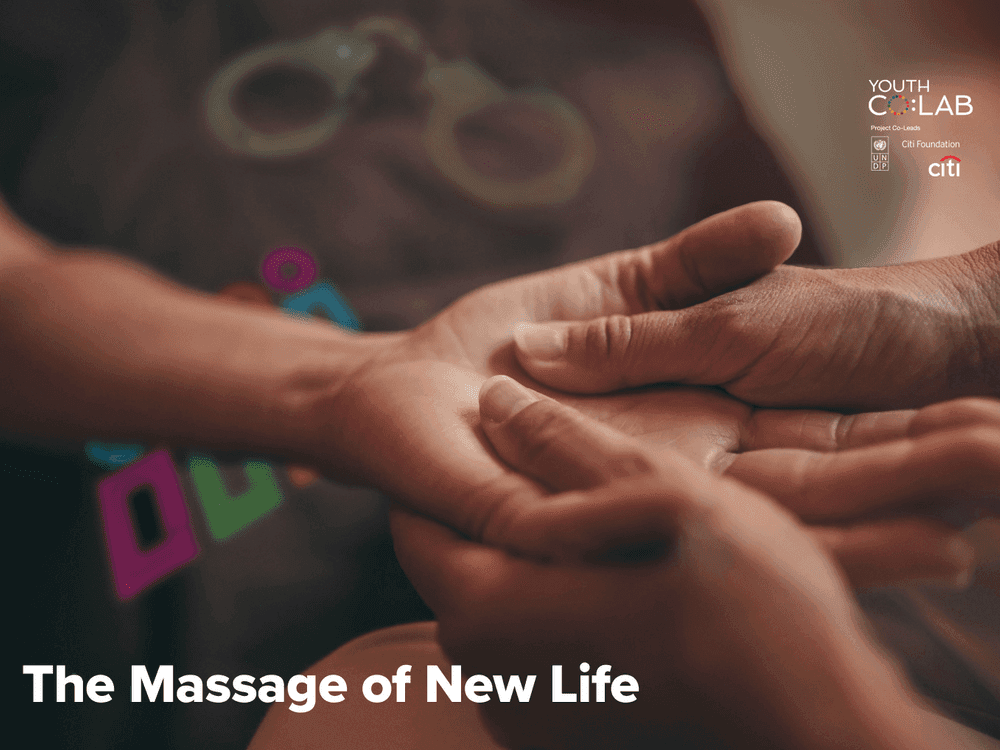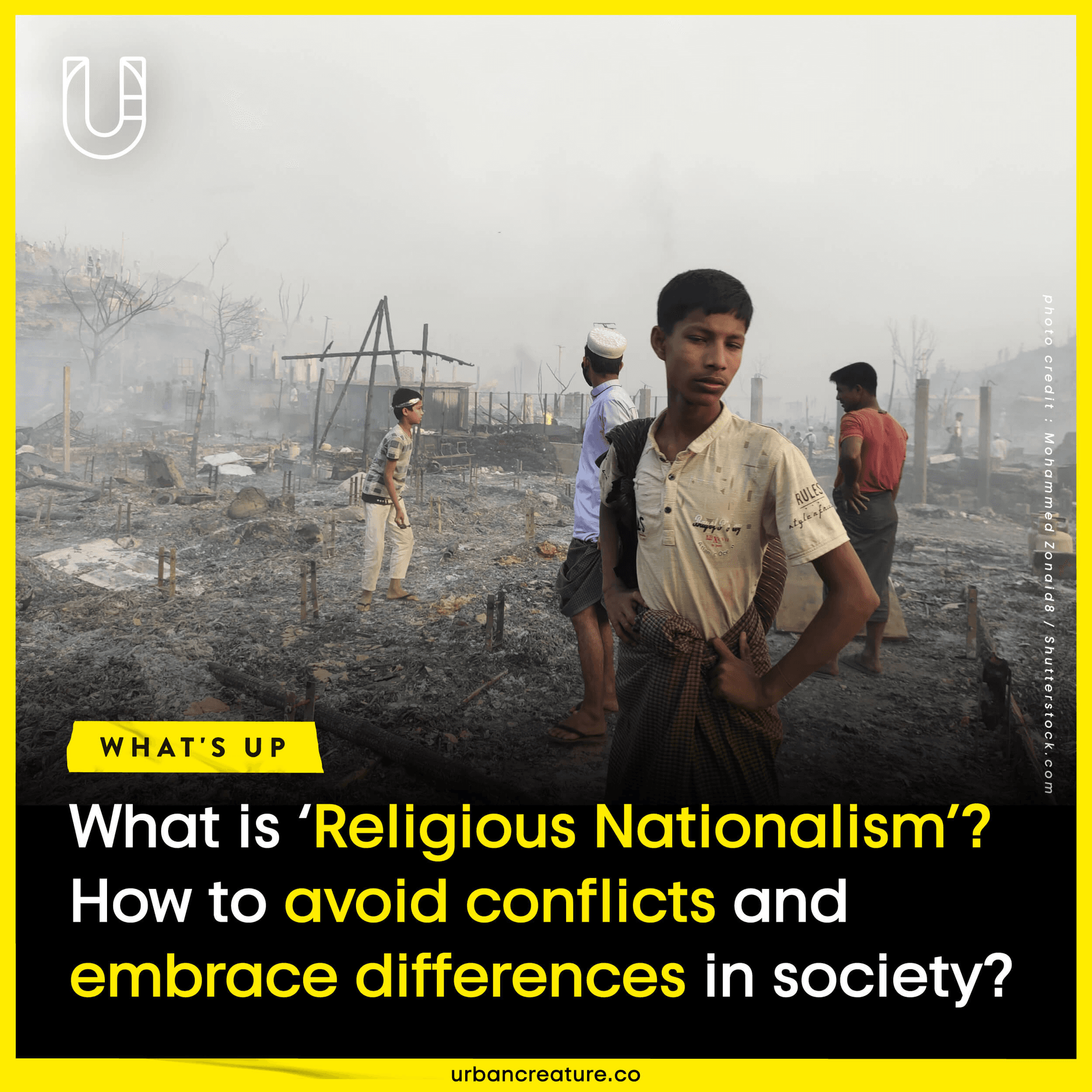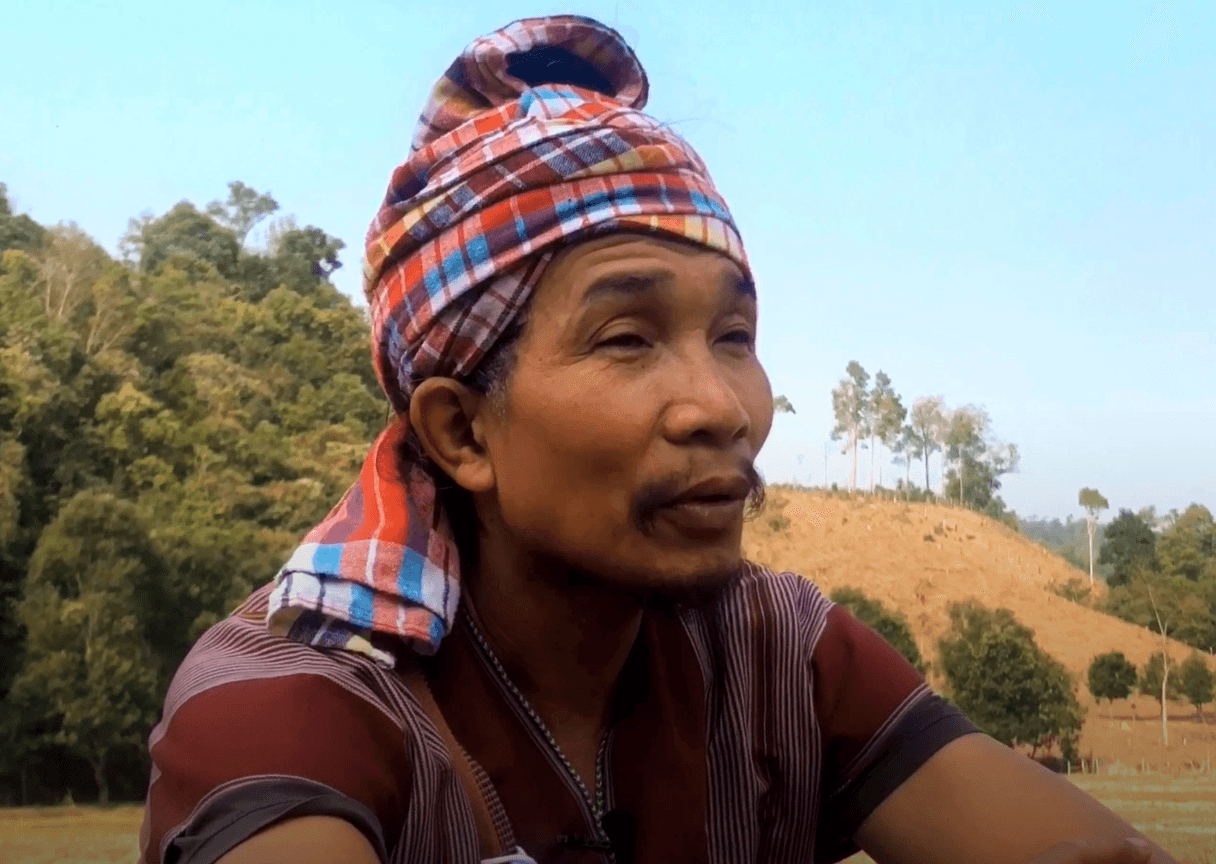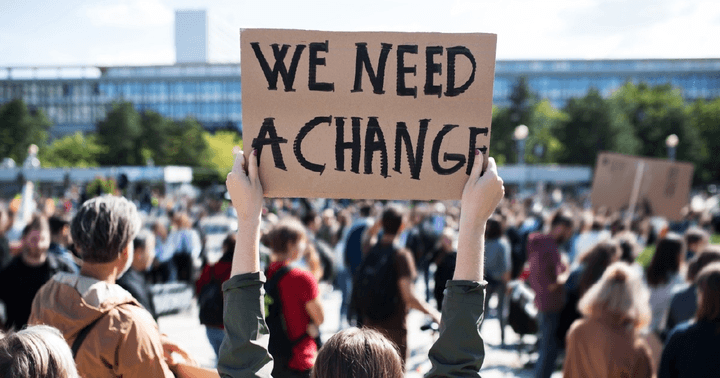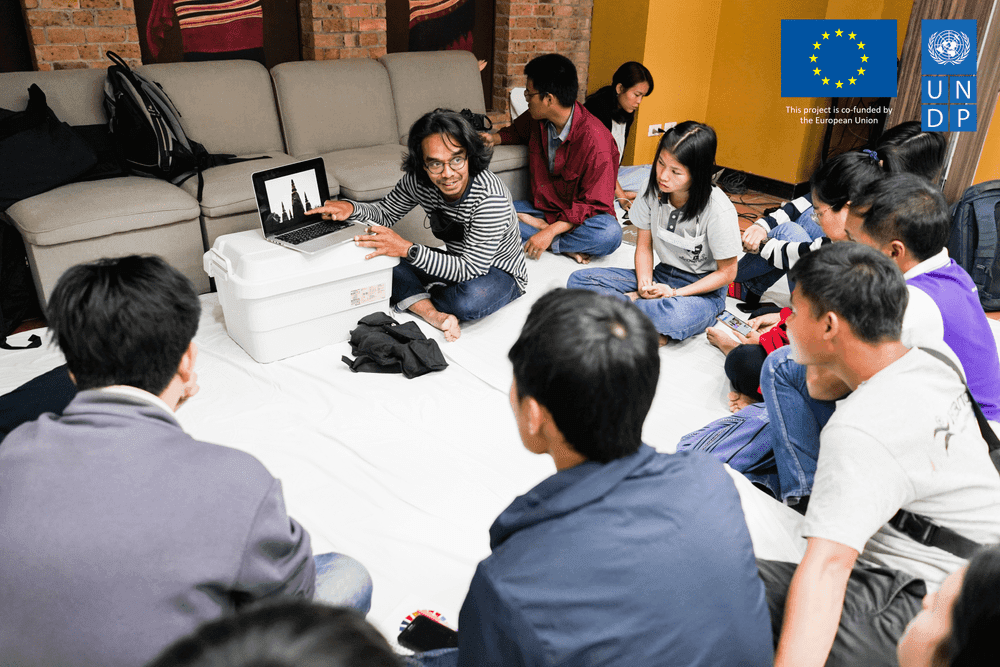Discover the sources of violence with UNDP and find solutions through “PVE"
19 September 2022

Images of terrorist acts and news about violent events perpetrated by various groups circulate widely in the media. We may be familiar with seeing people arrested after the attacks. But if we could turn back time to before they were given the status of "suspect" or "terrorist" and explore the reasons that may have led them to these actions, we may find solutions that could have changed their lives forever.
Preventing Violent Extremism is part of the UN Global Counter-Terrorism Strategy developed by the United Nations. This approach does not view the target person as an enemy that must be eliminated, but focuses on managing and modifying social structures that drive people to violence.
Why do people resort to violence?
The United Nations Development Programme (UNDP) suggests that we need to understand the root causes of violence in order to address the problem. Issues related to political ideology, discrimination based on ethnic and religious prejudices, poverty, and lack of economic opportunity all prompt those who are angry and frustrated to choose violence in order to achieve change that would not otherwise occur.
Even though we Thais say “it’s alright” to each other and try to be “okay” with everything, Thai society is facing a wide range of conflicts, over ethnic identity in the three southern border provinces, over different political perspectives, and over the quality of life and resource allocation that negatively affects many communities. When people feel that their voices are not heard, it leads to peaceful protests and demonstrations. If the stakeholders do not come out to listen or discuss possible solutions together, people may ultimately choose to arm themselves and resort to violence.
The UNDP hosted a workshop based on empirical data and evidence to listen to civil society and academic partners, while closely monitoring movements in society. Measures to prevent violent extremism focus on structural problems and cooperation between the government and civil society to address the root causes as well as to raise awareness of this issue in society.
This is an emerging issue in Thai society. As people in society become more and more aware of this issue, society will be better equipped to deal with what may arise and work together to resolve conflicts in a more sustainable manner.
See also
